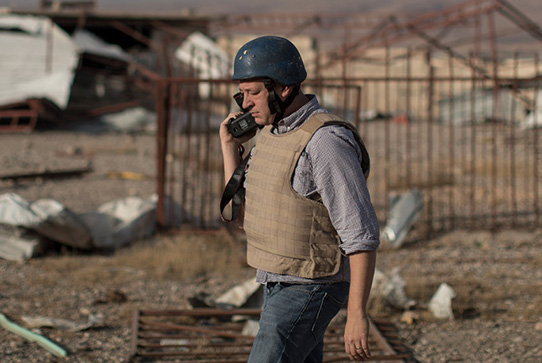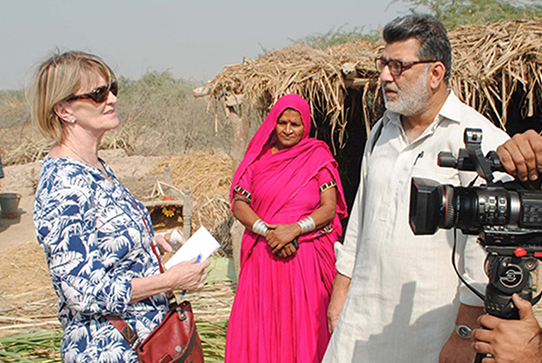Quotations
Quotes must not be taken out of context. We do not alter quotations, even to correct grammatical errors or word usage. If a quotation is flawed because of grammar or lack of clarity, it may be paraphrased in a way that is completely true to the original quote. If a quote's meaning is too murky to be paraphrased accurately, it should not be used. Ellipses should be used rarely and must not alter the speaker’s meaning.
When relevant, stories should provide information about the setting in which a quotation was obtained – for example, a press conference, phone interview or hallway conversation with the reporter. The source's affect and body language – perhaps a smile or deprecatory gesture – is sometimes as important as the quotation itself.
Use of regional dialects with nonstandard spellings should generally be limited to a writer's effort to convey a special tone or sense of place. In this case, as in interviews with a people not speaking their native language, it is especially important that their ideas be accurately conveyed. Always, we must be careful not to mock the people we quote.
Quotes from one language to another must be translated faithfully. If appropriate, we should note the language spoken.
Internal editing of audio soundbites of newsmakers is not permitted. Shortened soundbites by cutaway or other video transition are permitted as long as the speaker's meaning is not altered or misconstrued.



